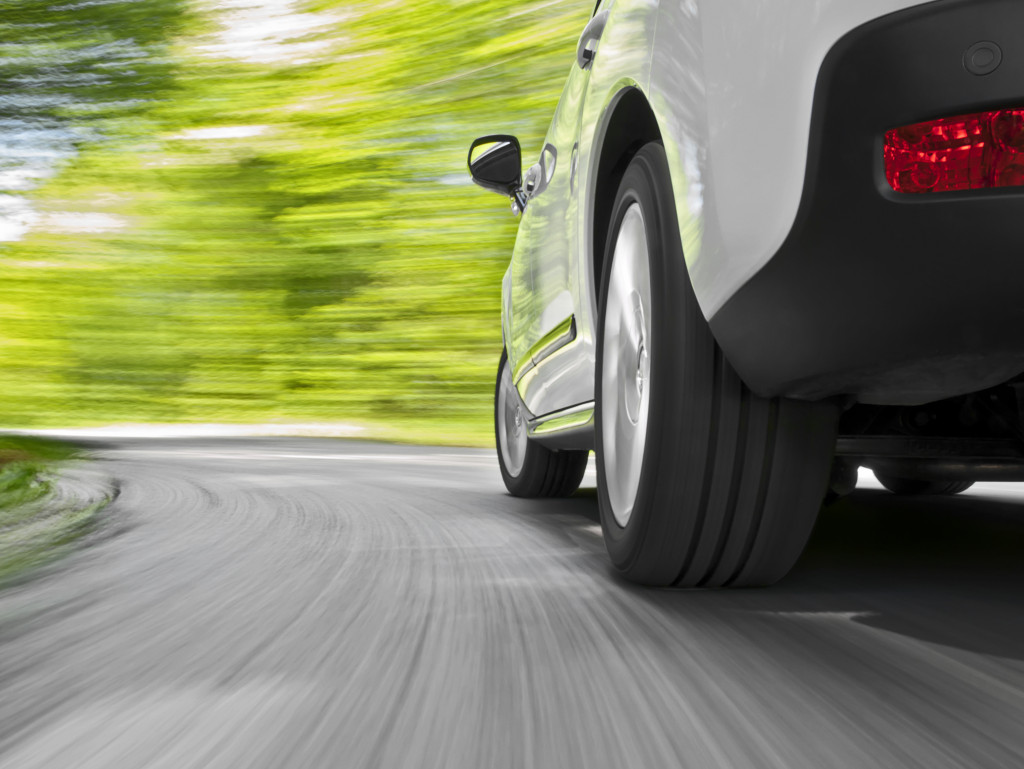Ecological sustainability has been one of our biggest concerns in recent decades, and more and more people are becoming more conscious of their carbon footprint. Green technology has become more commonplace, and we can see it everywhere, from the farms that grow our food to the gadgets we use every single day. And one of the most significant transformations we’ve seen is in transportation.
Transportation is one of the leading sources of carbon emissions in the world. But that doesn’t mean that you have to quit driving, however. You can still drive lifted diesel trucks and lead an eco-friendly lifestyle. You just need to make a few adjustments to your driving habits.
Here are a few ways to reduce your vehicle’s impact on the environment.
1. Keep your car in good shape
The best way to reduce your car’s carbon footprint is to keep it in good condition. You’re already doing your part by doing preventive maintenance and seeing the auto mechanic on schedule. A well-maintained vehicle runs more efficiently, emits fewer emissions, and saves you more money in the long run.
Some maintenance tasks you need to do include looking under the hood, keeping the interiors clean, and replacing worn spark plugs and filters. If you drive a smart car, you also might want to keep the firmware updated. Manufacturers often send updates and patches to improve their cars’ performance and reliability.
Preventive maintenance improves your car’s mileage by an average of 3 percent. But if you’re having significant problems, a tuneup can improve performance by as much as 35 percent. Don’t forget to change the engine oil to ensure a clean, smooth performance.
2. Check the tire pressure

Any number of reasons can cause a sudden drop in gas mileage, but the most common cause so far is incorrect tire inflation. If you want to extend the life of your tires and improve your gas mileage, you need to keep your tires properly inflated. According to the U.S. Department of Energy, your mileage drops by 0.2 percent for every one psi drop in pressure.
The weather can also affect your tire pressure. Pressure often drops faster in a colder area, so you need to compensate by adjusting the pressure more often. Another factor that affects tire pressure is storage. If you park your car outdoors, it’s more susceptible to pressure fluctuations.
3. Remove nonessential items
Many of us practically live out of our cars. We lead busy lives, and our packed schedules force us to keep spare clothes and shoes and other items in our vehicles. However, all that extra weight is also affecting your gas consumption. The heavier your car, the more fuel it will consume.
I’m not saying to take everything out of your car. But maybe you can be more mindful of what you store in the trunk or passenger seats. It’s fine to have a bag or two of essentials, but if your backseat is full of boxes, you might want to rethink your organization.
Vehicles are a significant contributor to greenhouse gases, and these pointers will help you reduce your car’s footprint. You don’t have to feel guilty driving around if you have the right intentions and make the necessary changes to your lifestyle.

